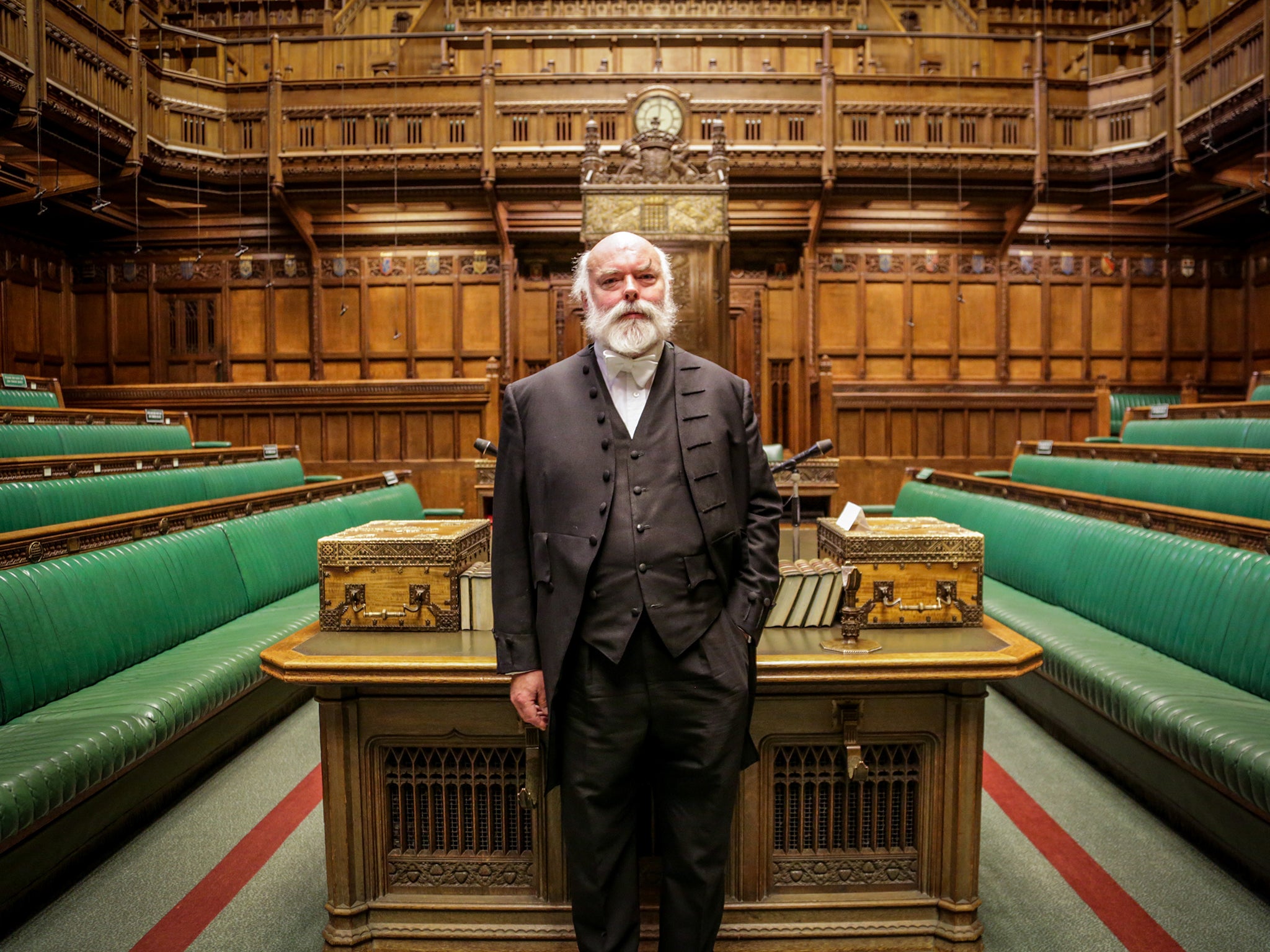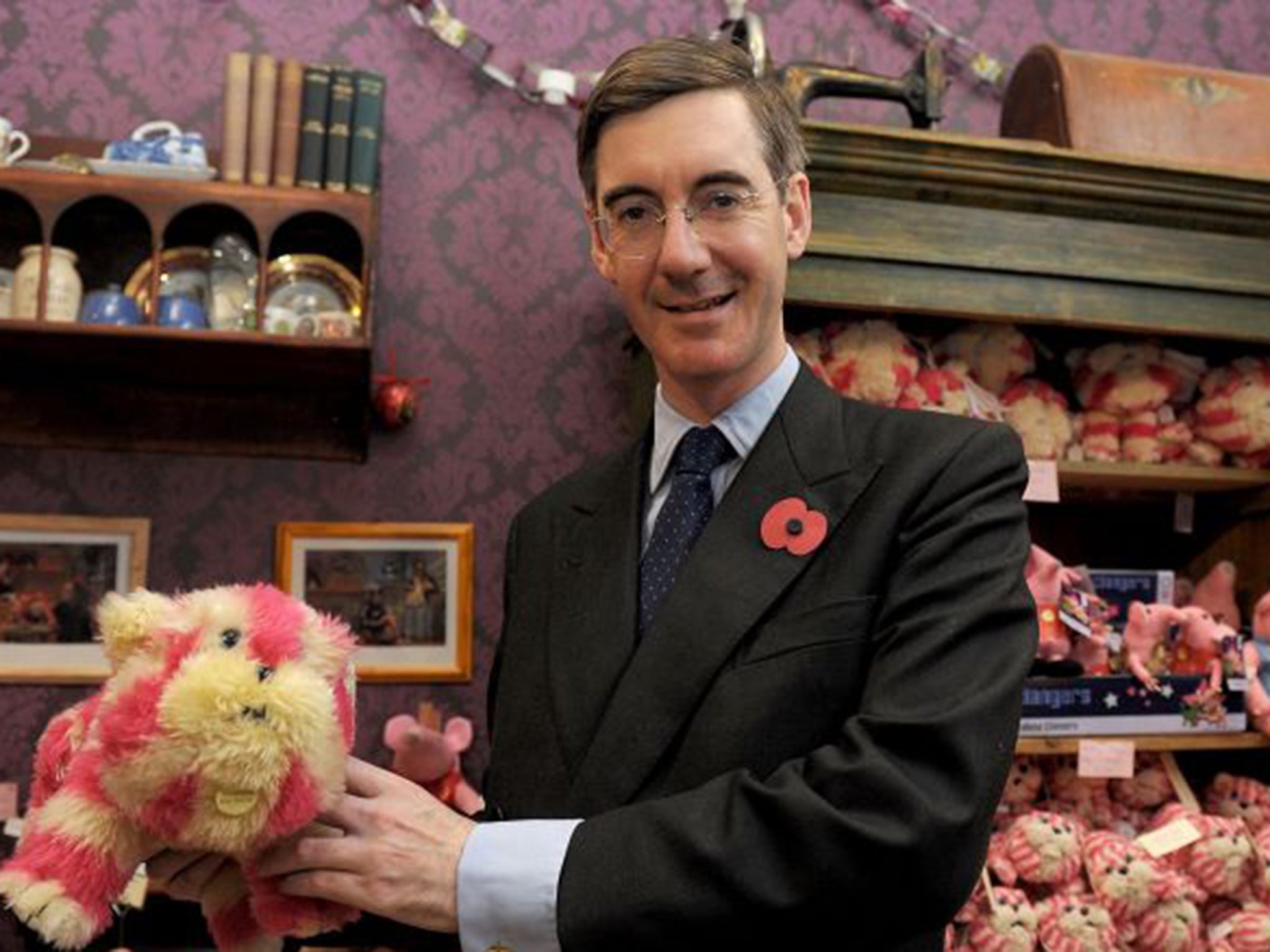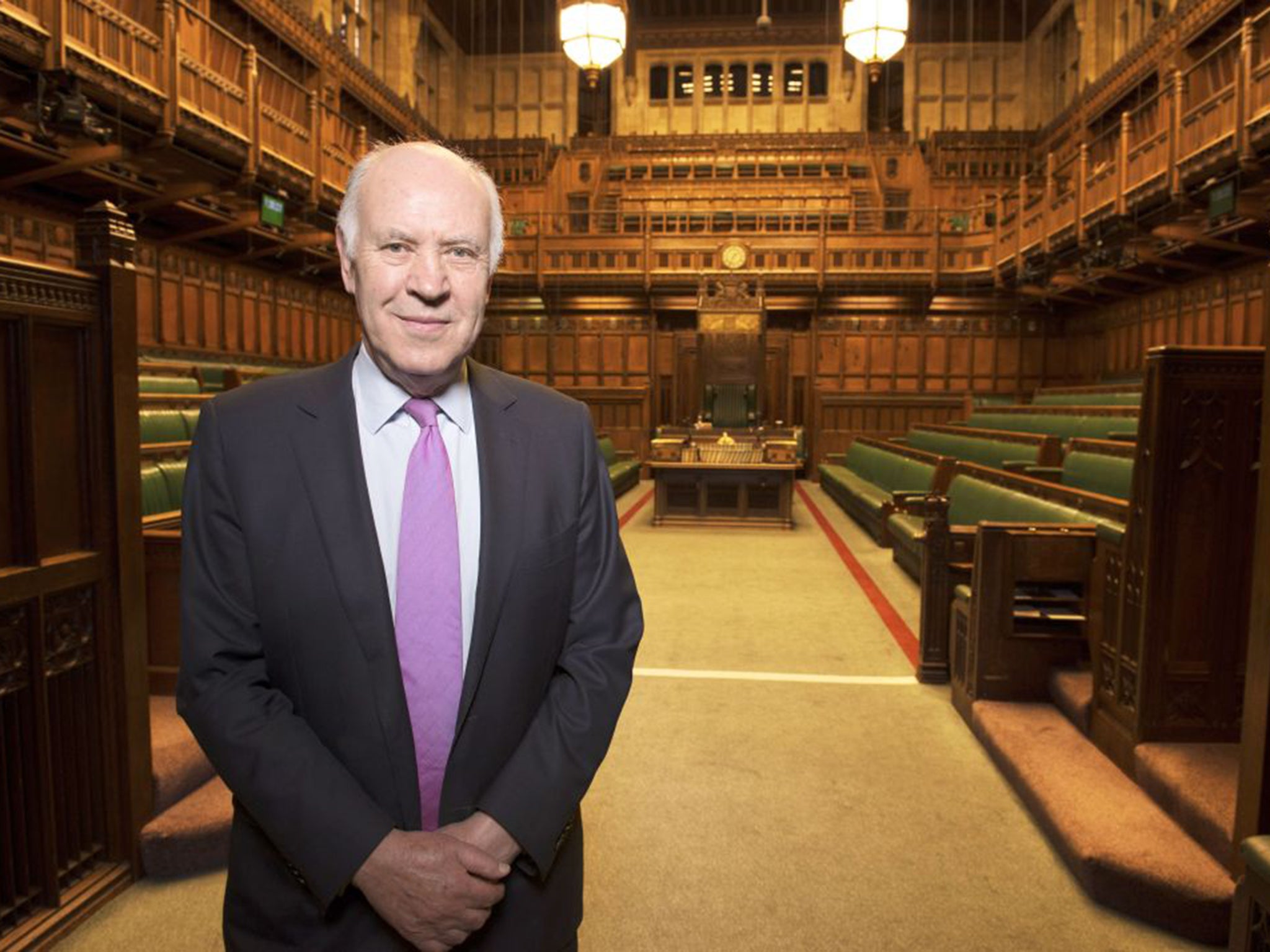Grace Dent on TV: Inside the Commons glorifies a yesteryear all-boys boarding school
Would it do the Commons any harm to grow up?

Your support helps us to tell the story
From reproductive rights to climate change to Big Tech, The Independent is on the ground when the story is developing. Whether it's investigating the financials of Elon Musk's pro-Trump PAC or producing our latest documentary, 'The A Word', which shines a light on the American women fighting for reproductive rights, we know how important it is to parse out the facts from the messaging.
At such a critical moment in US history, we need reporters on the ground. Your donation allows us to keep sending journalists to speak to both sides of the story.
The Independent is trusted by Americans across the entire political spectrum. And unlike many other quality news outlets, we choose not to lock Americans out of our reporting and analysis with paywalls. We believe quality journalism should be available to everyone, paid for by those who can afford it.
Your support makes all the difference.If you’re one of the many decrying a lack of “normal people” in politics right now, then Inside the Commons may have at least addressed the discrepancy.
The opening slice of Michael Cockerell’s new documentary series was the equivalent of hanging a large, grimly unamusing sign reading “You Don’t Have to Be Mad to Work Here, But It Helps’, on the Houses of Parliament. A working day so steeped in ancient tradition – translation: bloody ridiculous, time-wasting and mollycoddling tradition – can only ever lure a certain type of human. Anyone who wants to really get stuff done should probably go and work at PriceWaterhouseCoopers. At least they have wi-fi.
However, if you thrill at office-administration sign-offs pencilled in Norman French by men in wigs, or at having your seat at vital meetings allocated according to your morning prayer attendance, or at colleagues – clad in 18th-century pantaloons – delivering documents by plodding them slowly along corridors, rather than, say, using an email attachment, then Westminster is the life for you. Likewise, if you think it quaint and tolerable that your workplace head honcho, in 2015, in a General Election year, still doesn’t really “do” the internet, or indeed give a damn that a vast amount of work memos are communicated in an obscure patois developed by Eton College alumni circa 1693, then the House of Commons is for you. If, like me, Inside the Commons made you at first bewildered, then furious at centuries-old institutionalised elitism dressed up as a jolly good wheeze, then other jobs may be more appropriate.

It is no accident that the House of Commons is exactly the right spot for Jacob Rees-Mogg – one of Cockerell’s interviewees – who to my mind always resembles a lazy cartoonist’s take on public school and patriarchal privilege. He popped up in episode one to defend the childish rowdiness of Prime Minister’s Questions. The Labour MP Sarah Champion was disgusted by it.
Inside the Commons pushed us to question the existence of this silly weekly pantomime. The jeering, the staged questions and turbo willy-waving on both sides is yet another thing in Westminster that simply “is what it is”, has always been thus and shall never change as it suits a specific sort of person (male, aged 55, white, potato-shaped, verbose). Champion once ran a children’s hospice. She now devotes much time to tackling laws on child sex abuse. I imagine these things give her a particular grounding in time efficiency. In a 2014 interview she admitted that she rarely attends PMQs these days at all.
As the action unfolded, Cockerell’s awed narration did nothing but glorify how Westminster’s runnings are essentially a twee, yesteryear all-boys boarding school. But then Cockerell himself is a white, 75-year-old, man who attended Corpus Christi College, Oxford. Even with the best will in the world, his scope for identifying unfairness is limited.
Instead we saw Rees-Mogg insisting that a gang of mainly middle-aged white men shouting each other down every Wednesday was a wonderful display of “passion”. This followed a scene where free Commons snuff was handed out to Sir Robert Rogers, Clerk of the House of Commons till August 2014, just before we examined the cloakroom where each hanger has a ribbon on which a member can tie his sword. The sword, we saw, was a pathetic wooden scrap resembling a sword, but symbolic of a time when male MPs carried swords, so therefore important.

Would it, I wonder, do the Commons any harm to grow up? Would it damage democracy if everyone began using modern language that all new MPs, of any background, might instantly understand? Would Parliament still work if, on busy days, chairs were allocated without prayers? How about no prayers at all, if most people are faking it? Would more work get done if all the laborious parades, ceremonial door-knockings and wig-wearing was knocked on the head? How much more efficient might Britain be if the House of Commons embraced broadband? And we understand that email attachments are beyond most MPs’ understanding, but that tradition of tying the giant tomes of paper with little, fancy green ribbons? Is all of this strictly necessary?
Meanwhile, someone with a properly useful job was Gladys, who ran the tea shop. Gladys was also, with sombre predictability, also the only person of colour we heard from in 60 minutes. Winston Churchill’s grandson Sir Nicholas Soames told us that Gladys was great as she was always smiling. We saw her pushing a trolley singing “Amazing Grace”. Oh how I wish I was making this up. Then Gladys showed us a number of sofas and tables in an antiquated tea-room and explained how this sofa was for Labour and this table for the Conservatives and this one for Northern Ireland. It wasn’t written anywhere, one should simply know. I wondered when was the last time, if ever, that one of the blokes had made her a cup of tea or let her sit on one of the couches, bearing in mind that she isn’t a very important person, like they are. But Gladys, it couldn’t be denied, was resolutely happy. And in that particular environment, I call that utterly amazing grace.
Join our commenting forum
Join thought-provoking conversations, follow other Independent readers and see their replies
Comments